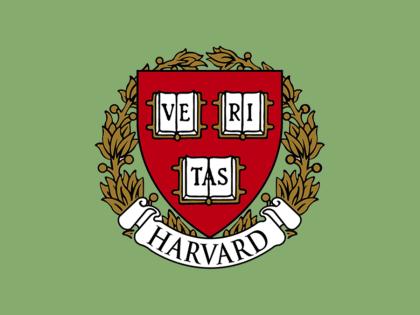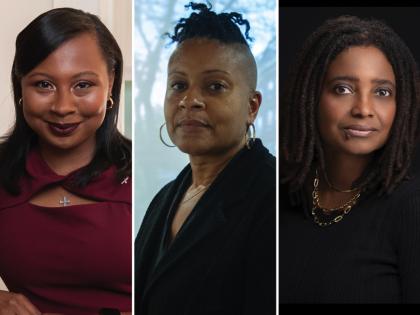Since 2001, College students’ international experiences during their Harvard years—formal study abroad, research, work or public service, internships—have evolved from the “unusual” to the “almost routine.” So reported Gutman professor of Latin American affairs John H. Coatsworth to the Faculty of Arts and Sciences (FAS) on October 25. He spoke as chair of the Committee on Education Abroad, in support of the curriculum-review “expectation” that each undergraduate should pursue a “significant international experience.”
Given the opportunity, under liberalized rules for study abroad introduced four years ago—and frequent jawboning by FAS dean William C. Kirby and President Lawrence H. Summers—students have obviously responded. Data presented by Jane Edwards, director of the Office of International Programs (www.fas.harvard.edu/~oip), revealed that the number of students studying abroad for credit has nearly tripled, driven by surging enrollment in summer programs, which now attract more participants than term-time studies (see chart). Europe remained the destination of choice (about 60 percent of study-abroad students), with notable growth in Asia and Latin America. By field, nearly half of the travelers were in social sciences, and just 11 percent in the sciences.

After adding to study-abroad students those pursuing research, internships, work on Let’s Go guides, and various kinds of service, the number of “sponsored” experiences abroad for 2004-2005 totaled 933. That is more than halfway toward FAS’s goal of getting the equivalent of an entire College class out into the world each year. To achieve this in the next five years, Edwards foresaw new programs in venues ranging from Botswana and Cameroon to Argentina, India, Belgium, and Brazil, and covering interests in science, human rights, public health, and sustainable development.
An important partner in these efforts is the summer school, whose dean, Robert A. Lue, outlined growth in Harvard faculty-led programs from seven in 2004 to 10 last year; College enroll-ment rose from 41 to 106. The large new effort in Beijing, which enrolled more than 30 Harvard students, is accelerating the school’s ambitions: six new offerings are planned for next summer, ranging from biological fieldwork in the Dominican Republic to an East Asian studies course in Korea.
Coatsworth reminded the faculty that international experiences provided students with exposure to the unfamiliar in the best liberal-arts tradition, a sense of global citizenship, and increased capacity to live and work in more diverse surroundings. To sustain and deepen student interest, he called for further incentives: financial aid and acknowledgment of “significant” experiences, carefully defined, on transcripts. And he urged extensive faculty engagement to enhance the quality of students’ programs by identifying the best opportunities, helping to create new ones (like those in the summer school), and linking their own teaching to students’ experiences abroad. On the latter point, Coatsworth offered his fellow professors their own incentive: grants from an “international innovation fund” to develop courses extending beyond the boundaries of the United States.






